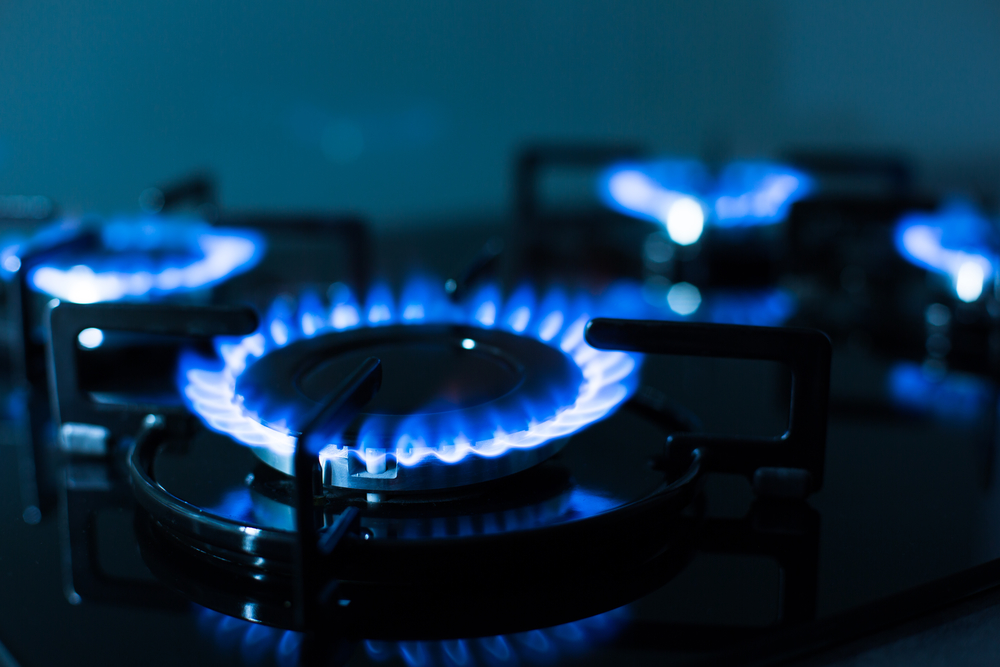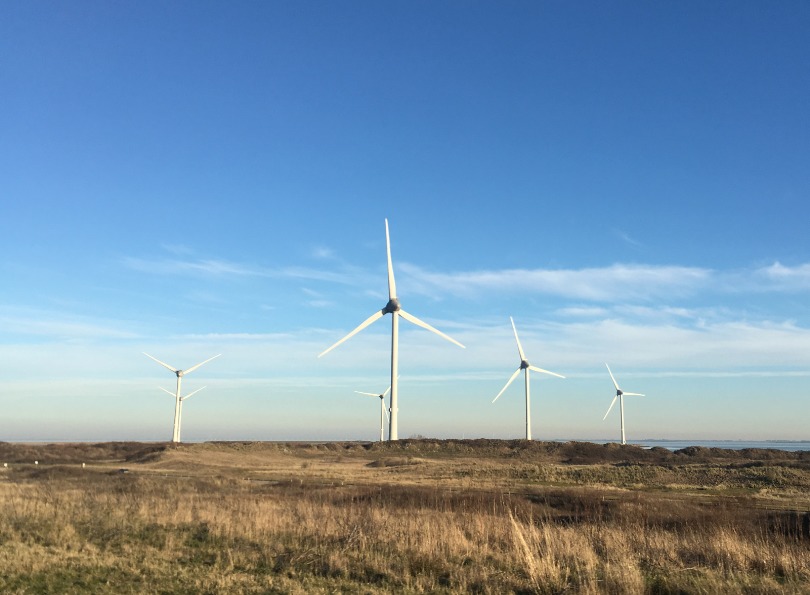Partner content
After a €30 rise in January, Dutch energy prices among highest in EU


You will have noticed the sharp jump in your energy costs at the beginning this year – but even without the tax increase that helped push up bills, the cost of gas and electricity in the Netherlands is far above the EU average.
Research by energy provider comparison website Energievergelijk.nl has shown that consumer prices for electricity and gas in the Netherlands are far above the average prices in the EU.
The energy site used data from the Household Energy Price Index (HEPI) to study the different price of energy around the EU. The research found that in January 2019, Dutch electricity prices rose 15% in one fell swoop, while gas prices rose 12% – the second highest increase within the EU.
The price of gas in the Netherlands is now among the highest in Europe – not because gas costs more but because of high energy taxes. ‘Over 50 percent of the Dutch gas price consists of taxes. This is more than any other EU-country,’ says Koen Kuijper of Energievergelijk.
Want to save on your energy bill? Compare Dutch energy suppliers.
The estimate gas price in the Netherlands is 76 cents per cubic meter (January, 2019). Sweden – where houses are build to much more energy efficient standards than the Netherlands – is the most expensive place to buy gas – a whopping €2.14 per cubic metre.
Switzerland, Denmark and Italy all outstrip the Netherlands and the EU average is just 61 cents per m3. And Dutch consumers are still worse off when compared with households in neighbouring countries, like Germany and Belgium, where gas costs 56 cents and 55 cents respectively.

The average electricity price in the Netherlands is 23 cents per kilowatt hour (kWh). This is 28% above than the average in other EU countries and just three cents below Denmark and Germany, which are the most expensive in Europe. Ukraine, by the way, is by far the cheapest – there you will pay only four cents per kWh.
Energy price fluctuation
European energy prices are strongly dependent on supply and demand. If the fossil fuel prices go up, the energy tariffs will follow. On the other hand, when demand is low, the energy prices tend to go down.
Furthermore, the weather and transportation costs play a major role. In Sweden for example, almost a third of the total costs originate from energy transportation and power grid management. In other countries, such as Denmark and Germany, energy prices consists of high taxes and supplemental fees to stimulate renewable energy.

Consumers can save immediately on their energy costs by switching over to another energy supplier. The internet offers different energy comparison tools (in Dutch called: energievergelijker) that help you with this process.
Many Dutch households keep the same energy contract for years and years. ‘An utter waste of money,’Kuijper says. ‘Research by the Dutch competition authority ACM shows many households can save up to almost €400 a year, just by switching their supplier.’
When comparing prices online, definitely look at the cashback deal the supplier is offering. Whenever you choose a supplier with a cashback, you will receive cash in return at the end of your contract.
Comparison tools also take into account your preferences regarding renewable energy. So you can choose a cheaper and greener provider at the same time. You can pick a supplier that offers electricity generated by wind turbine or solar panels, or all the different types of sustainable energy that there are.
Thank you for donating to DutchNews.nl.
We could not provide the Dutch News service, and keep it free of charge, without the generous support of our readers. Your donations allow us to report on issues you tell us matter, and provide you with a summary of the most important Dutch news each day.
Make a donation